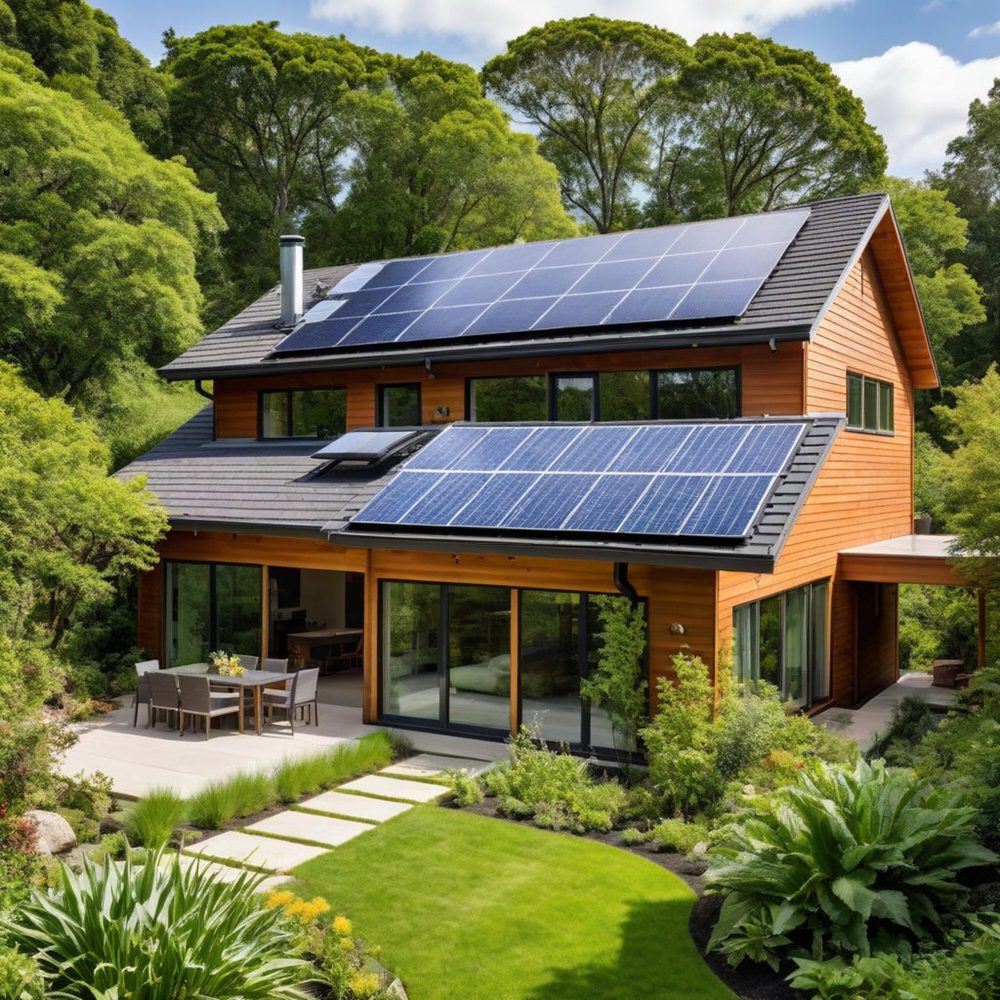
Thinking about installing solar panels? They’re a great way to generate renewable energy, lower electricity bills, and reduce your carbon footprint, but there are plenty of misconceptions that might make you hesitant. Let’s clear up some of the most common myths, without the jargon or the scare tactics.

Solar Panels Only Work in Sunny Weather
While they perform best in direct sunlight, solar panels still generate electricity on cloudy days, absorbing energy from the visible light, and rain can even help by washing away dirt that blocks sunlight. So yes, your panels will still work in the great British drizzle – just maybe not at full throttle.
You Need a South Facing Roof
South facing panels do generate the most energy, but east and west facing installations also work well. The key is matching your energy use to when your panels are most productive: east facing panels excel in the morning, while west facing panels function better in the afternoon. The bigger villain here is shade, not direction, so no, that giant tree blocking your roof isn’t doing you any favours.

Solar Panels Aren’t Worth the Cost
The average UK solar installation costs around £7000, with a lifespan of 25 years, and most systems pay for themselves within 11-15 years through energy savings. If you’re in it for the long haul, your wallet will thank you, and so will the planet.
Installation is Disruptive
A standard solar panel installation takes just a couple of days, and the most noticeable disruption is scaffolding. The whole process is all handled by professionals, meaning no hard hats required on your end. And if you’re worried about the panels damaging your roof, don’t be, provided you use an MCS certified professional installer, who will assess the condition of the roof, and correctly mount the panels and weight distribution to maintain structural integrity.

You Need Planning Permission
In most cases, planning permission isn’t required, as solar panels fall under permitted development. However, if you live in a listed building or conservation area, you may need to check with your local planning office. So unless your home is a historical masterpiece, you’re probably in the clear.
Solar Panels Make It Harder to Sell Your Home
With over 1.5 million UK homes using solar panels, buyers are more familiar with them. In fact green upgrades can boost property value by up to 15%. Those who find solar panels unsightly, might want to consider the look of rising energy bills.

Solar Panels Can’t Be Recycled
Another common myth, as most solar panels are over 95% recyclable. Manufacturers must participate in a UK regulated compliance scheme, ensuring old panels are collected and properly processed at no cost to you. So no, they’re not going to end their ldays on landfill like an old sofa.

Solar Panels Work During Power Cuts
Actually, for safety reasons, standard solar panels shut off during a power cut, so if you want backup power, you’ll need a battery storage system, which can be discussed with your installer. Otherwise, you’ll still be making tea in the dark like everyone else.

The Bottom Line
Solar panels are a reliable, cost effective, and ecofriendly way to power your home, so if you’ve been considering it and still undecided, now might be the perfect time to make the switch. Plus, who doesn’t want to be that person who smugly announces their electricity bill is practically zero?